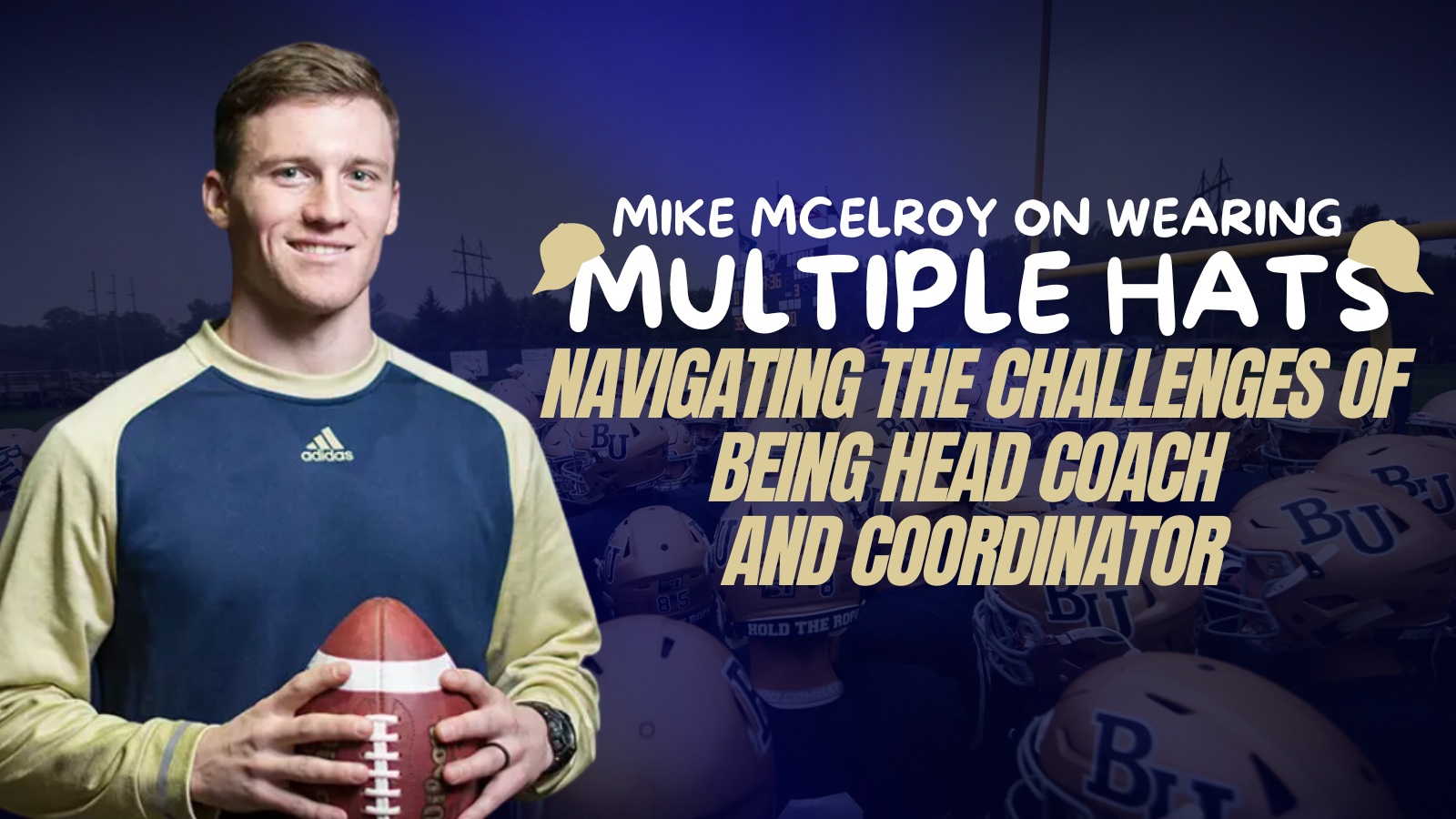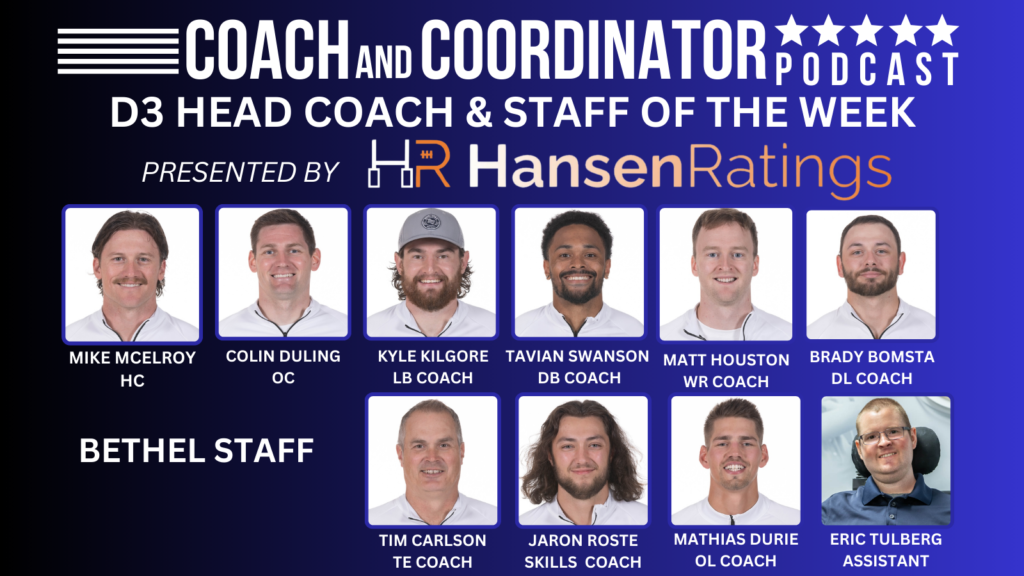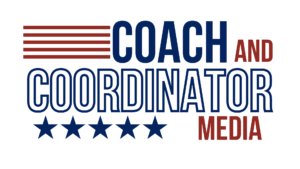
In most of the coaching profession, especially at the high school and small college levels, coaches often wear multiple hats. For many, the combination of head coach and coordinator can feel like juggling two full-time jobs. The task is challenging, but many coaches, like Bethel University’s Mike McElroy, work to master it. In his first year as head coach, McElroy embraced the dual role, balancing the responsibilities of leading a team while diving deep into the X’s and O’s as a defensive coordinator.
Here’s what coaches can learn from his approach to successfully manage both roles:
Trust Your Staff
A cornerstone of McElroy’s philosophy is simple; surround yourself with great people and trust them. As head coach, your main responsibility is the overall success of the program, and that can’t happen if you’re micromanaging every detail. Trust in your staff is essential. McElroy says, “I had so much freedom when I was just the defensive coordinator because my head coach trusted me.” Now in his new role, he’s passing that same trust to his offensive coordinator and other assistants.
Coaches juggling multiple roles must delegate effectively. Identify your assistants’ strengths, assign them specific areas, and empower them to make decisions. This frees up your mental bandwidth to focus on the big picture while maintaining the detail needed for your coordinator duties.
Simplicity is Power
McElroy emphasizes the importance of keeping things simple. When you’re wearing multiple hats, complexity can become your enemy. “We’ve landed on the philosophy of being really simple and really good teachers,” he says. Whether you’re managing game plans, practices, or player development, the simpler you can keep your systems, the more effective they’ll be.
This applies especially to your coordinator duties. Don’t overwhelm your players with intricate schemes. Instead, focus on a few core concepts that you can teach exceptionally well. When your players understand their roles with clarity, you’ll have more success on the field, allowing you to manage the dual demands of head coach and coordinator more effectively.
Structure Your Week for Success
Effective time management is key for balancing head coaching and coordinating. McElroy builds his weekly schedule around efficiency and recovery, giving players Sunday and Monday off to recharge physically and mentally. Monday is a heavy game-planning day for the staff, with only a light meeting and lift for the players.
“We want to be the freshest team on Saturday,” McElroy notes. He structures practices with shorter, more efficient sessions—focusing on walkthroughs and minimizing full-contact—to ensure his players are at their best. This approach also gives him time to handle head coaching duties while focusing on defensive game planning.
For coaches juggling both roles, it’s essential to carve out specific time for each responsibility. Designate certain days or blocks of time for your head coaching duties, and others for your coordinator work. This compartmentalization helps you stay focused on the task at hand without feeling overwhelmed by the competing demands of both roles.
Adaptability on Game Day
Game day presents unique challenges for head coaches who are also coordinators. As McElroy points out, “There’s no perfect plan.” While you can prepare for countless scenarios, in-game decisions often require quick thinking and adaptability. You can’t be buried in your call sheet as a coordinator while also needing to manage overall game flow, timeouts, and improtant decisions like whether to go for it on fourth down.
The key here is building a strong line of communication with your staff. McElroy makes sure he’s connected with his offensive coordinator and special teams coach throughout the game. This allows him to stay informed and ready to make the necessary decisions without feeling pulled away from his defensive duties.
For coaches in this dual role, having a trusted team that can offer quick feedback and make recommendations is essential. This communication allows you to stay ahead of the game while ensuring both your overall strategy and specific unit adjustments are on point.
The Importance of Reflection
After the game, the reflection process begins. As a head coach and coordinator, your post-game duties are twofold. You must assess the performance of the entire team and your specific unit. For McElroy, this comes down to continually refining the process. “It’s an ongoing experiment,” he says of his approach.
Taking time to review both the big picture and the details is the challenge. Look at what worked and what didn’t, not only from a team perspective but also in terms of your ability to manage both roles. Were there moments where you felt spread too thin? What adjustments can you make to avoid that in future games?
For coaches trying to balance both positions, self-reflection is invaluable. The more you analyze and adjust your approach, the more effective you’ll become at handling the dual roles.
Wearing Multiple Hats Effectively
Being both a head coach and a coordinator is no easy task. It requires a delicate balance of leadership, trust, time management, and adaptability. While he is learning the process himself, Mike McElroy’s journey offers valuable insights into how to succeed in both roles. By trusting your staff, simplifying your systems, structuring your week effectively, maintaining adaptability on game day, and continually reflecting on your approach, you can thrive as both a head coach and coordinator.
Remember, it’s not about being perfect. It’s about being prepared, adaptable, and willing to learn from each experience. The balancing act may be challenging, but with the right mindset and strategies, it can also be incredibly rewarding.
D3 Head Coach & Staff of the Week
For their efforts in a win over on October 5, 2024, Coach McElroy and his staff wear recognized as the Hansen Ratings Head Coach and Staff of the Week.
Coach McElroy is assisted by Coling Duling, Kyle Kilgore, Tavian Swanson, Mathias Durie, Tyler Krebs, Brooks Byrd, Matt Houston, Brady Bomsta, Tim Carlson, Jaran Roste,, and Eric Tulberg.

Notable Stats
Mike McElroy | Bethel | 43-0 vs. Gustavus Adolphus
- Rematch of 2023 MIAC title game
- Only allowed 5 first downs
- Allowed -24 rushing yards (9 sacks for 58 yards) and <100 yards passing
- Intercepted the Gusties 3 times
- Dominated TOP 35:00 to 25:00
- 399 yards on 85 plays – 5 of 6 on 4th downs


